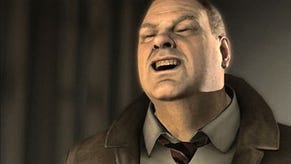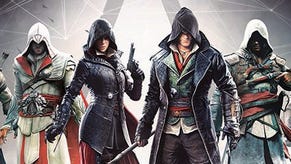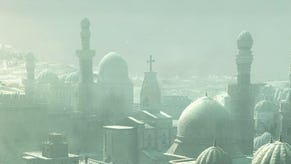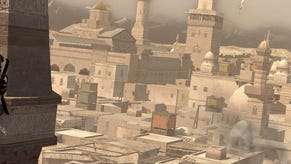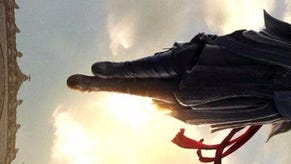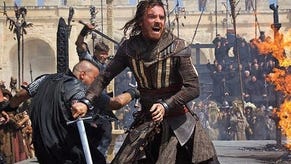Assassin's Creed II
Past master.
You might be asked to eavesdrop on some plotting, for example. This was rubbish in the first game, but now you might need to follow plotters through the streets, keeping them in sight as you navigate rooftops, or hiring courtesans to mask your pursuit or thugs to distract guards. Unlike Altair, Ezio is a witting participant in local politics, too, providing it suits his own goals, so he ends up helping local freedom fighters, stealing uniforms and gondolas in Venice and releasing prisoners.
He also does lots of actual assassinating. Many of these kills are structured like elaborate versions of the ones from the first game - there's a man on top of a tower covered by archers on neighbouring buildings, for example - but the difference is that there are so many of them that when one or two go wrong and you end up in a boring old fight, you can live with that. When they go right, and you sneak past an entire garrison, creep into a bedchamber and stick a concealed blade through a Templar's back before he even knows you're there, it all seems worth it.
The missions are often excellent, and not all are story-specific. There are six assassin tombs to uncover, for instance, and each is a self-contained, linear episode, comprising Prince of Persia-style platform puzzles and stealth action. They aren't all brilliant, but the calm, beautiful basilica levels in Florence and Venice are probably Ubisoft's best platform-game work since The Sands of Time.
It's also in these areas that you're reminded just how much love has gone into the locations. Florence or Venice may have the same sort of hand-holds and convenient ledges, boxes and cranes as Acre or Jerusalem, but the architecture is distinct and lovingly compiled from extensive research, and when you first see a new landmark, Ubisoft even offers to show you a database entry which explains its heritage from the present-day perspective of the Scooby Gang. Like the first game, the viewpoints - towers marked by eagle icons - are the first things you seek out, partly to get a grip on your surroundings, but mostly to stare out over the city.
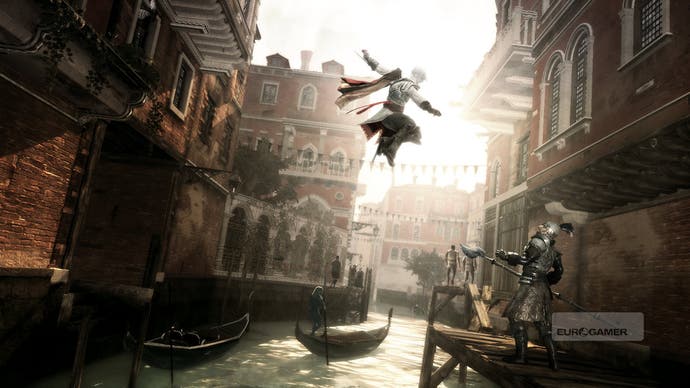
Doing so proved to be the highlight of the first game, but it's a footnote in the second. Assassin's Creed II is a much more broadly enjoyable game, and after a dodgy start it rarely loses its way. When it does - in the odd silly side mission, shocking bit of dialogue or enduring quirk of the imperfect controls - it's forgivable next to the whole in a way it never was before. The only big criticism is the AI within the Animus, which sometimes undermines the entire Templar organisation with its idiocy. No wonder Desmond escaped!
Ubisoft Montreal has never been afraid to try new things, but after a few missteps with games like last year's Prince of Persia, perhaps the bravest thing it could have done with Assassin's Creed II was simply to make a classic open-world adventure, filled to the brim with things you want to do and the narrative motivation to continue doing them. The fact it's done so suggests we really should trust the studio when it says it's taken its lesson, and fills me with hope for the third game in the trilogy. In the meantime, we not only have the Assassin's Creed game we'd hoped for in the first place to play with, but one of the best open-world games of the year.

